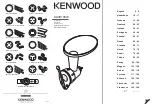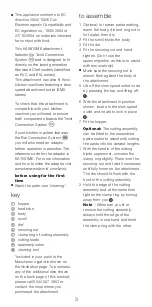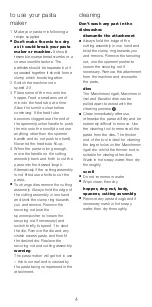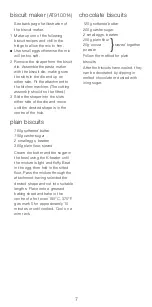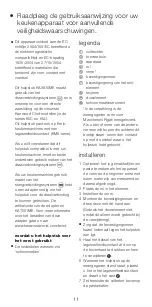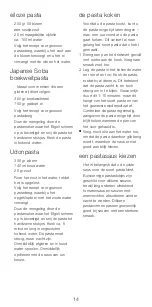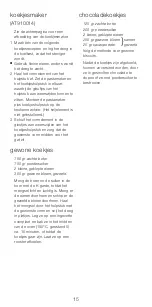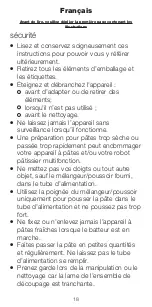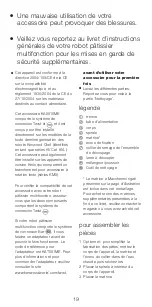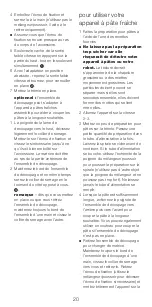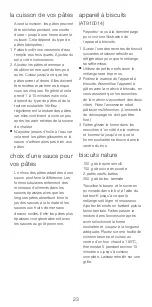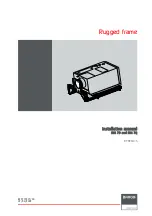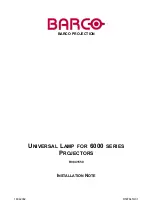
8
trouble shooting
Question
Answer/Hint
The appearance of the pasta
●
The screens/dies are specifically
is rough
made of bronze. A feature of the
bronze die is that it gives the pasta a
rough surface which is preferred as it
allows any accompanying sauce to stick
The quality of the extruded
●
This is normal, but can be minimised
pasta varies throughout the mix
by:-
- ensuring the mix is of a fairly even
consistency to start with.
- adding the mix to the pasta maker at
a steady rate.
- ensuring that all the mix is extruded
in one batch.
- ensuring the mix is not allowed to dry
out.
Pasta doesn’t come out the
●
Ensure the dies are clean before
holes
starting, any dried pasta in the holes
will prevent extrusion.
●
Check that the feed tube is not blocked.
●
Use the spanner/pusher to help
feed the pasta onto the scroll.
The dies are difficult to clean
●
Always clean immediately after use,
do not allow the mix to dry onto the
die.
●
Use the tool provided. The thicker
end of the tool is ideal for cleaning the
larger holes on the Maccheroni rigati
die, whilst the thinner end is suitable
for cleaning other dies.
Pasta shapes are ragged
●
Sometimes the first pasta extruded is
slightly ragged. Add the pasta mix in
a constant steady rate, try adjusting
the rate at which the mix is added.
Warm the body, die and ring nut in hot
water and dry thoroughly before using.
The die doesn’t fit onto the
●
Check that the centre hole in the die
scroll
is cleared of any dry mix from
previous tests.
●
Check that if you are changing dies
during operation, there is no mix
between the die and scroll preventing
it from fitting flush.
The feed tube keeps blocking
●
Add small amounts of pasta at a time
in a steady rate and only add more
when the feed tube is clear.
●
The mix is too wet.
●
Use the end of the spanner/pusher to
push the mix down the feed tube.
(Removing the hopper will enable the
spanner to reach lower down the feed
tube).
●
Vary the speed of adding the mix.

